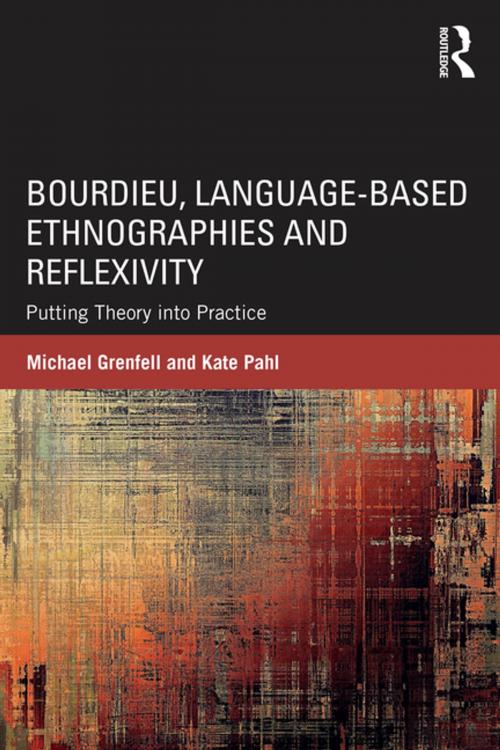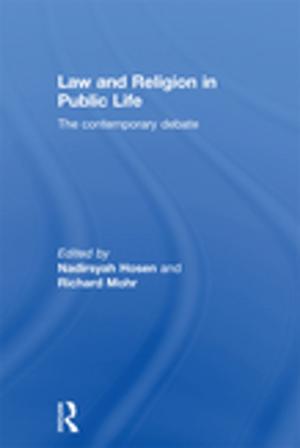Bourdieu, Language-based Ethnographies and Reflexivity
Putting Theory into Practice
Nonfiction, Reference & Language, Education & Teaching, Teaching, Language Experience Approach, Educational Theory, Curricula| Author: | Michael Grenfell, Kate Pahl | ISBN: | 9781351793162 |
| Publisher: | Taylor and Francis | Publication: | October 31, 2018 |
| Imprint: | Routledge | Language: | English |
| Author: | Michael Grenfell, Kate Pahl |
| ISBN: | 9781351793162 |
| Publisher: | Taylor and Francis |
| Publication: | October 31, 2018 |
| Imprint: | Routledge |
| Language: | English |
Offering a unique and original perspective on Bourdieu, language-based ethnographies,and reflexivity, this volume provides a nuanced, in-depth discussion of the complex relationship between these interconnected topics and their impact in real-world contexts. Part I opens the book with an overview of the historical background and development of language-based ethnographic research and Bourdieu’s work in this space. Part II presents a series of case studies that highlight a Bourdieusian perspective and demonstrate how reflexivity impacts language-based ethnography. In each study, Bourdieu’s conceptual framework of reflexively-informed objectivity examines the ways in which the studies themselves were constructed and understood. Building on Parts I and II, the concluding set of chapters in Part III unpacks the messiness of the theory and practice of language-based ethnography, and provides insights into what reflexivity means for Bourdieu and in practical contexts. Arguing for a greater reflexive understanding in research practice, this volume sets an agenda for future literacy and language research.
Offering a unique and original perspective on Bourdieu, language-based ethnographies,and reflexivity, this volume provides a nuanced, in-depth discussion of the complex relationship between these interconnected topics and their impact in real-world contexts. Part I opens the book with an overview of the historical background and development of language-based ethnographic research and Bourdieu’s work in this space. Part II presents a series of case studies that highlight a Bourdieusian perspective and demonstrate how reflexivity impacts language-based ethnography. In each study, Bourdieu’s conceptual framework of reflexively-informed objectivity examines the ways in which the studies themselves were constructed and understood. Building on Parts I and II, the concluding set of chapters in Part III unpacks the messiness of the theory and practice of language-based ethnography, and provides insights into what reflexivity means for Bourdieu and in practical contexts. Arguing for a greater reflexive understanding in research practice, this volume sets an agenda for future literacy and language research.















